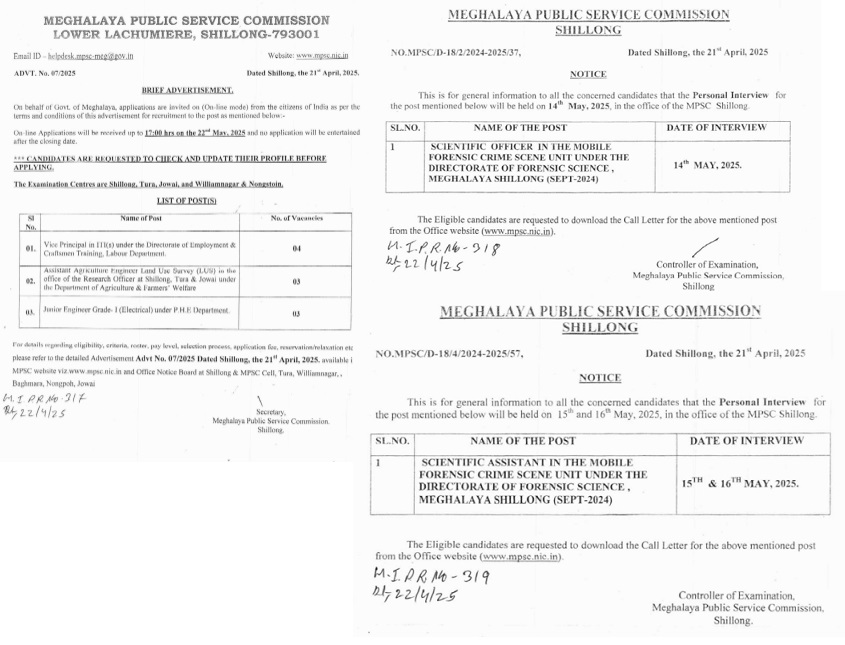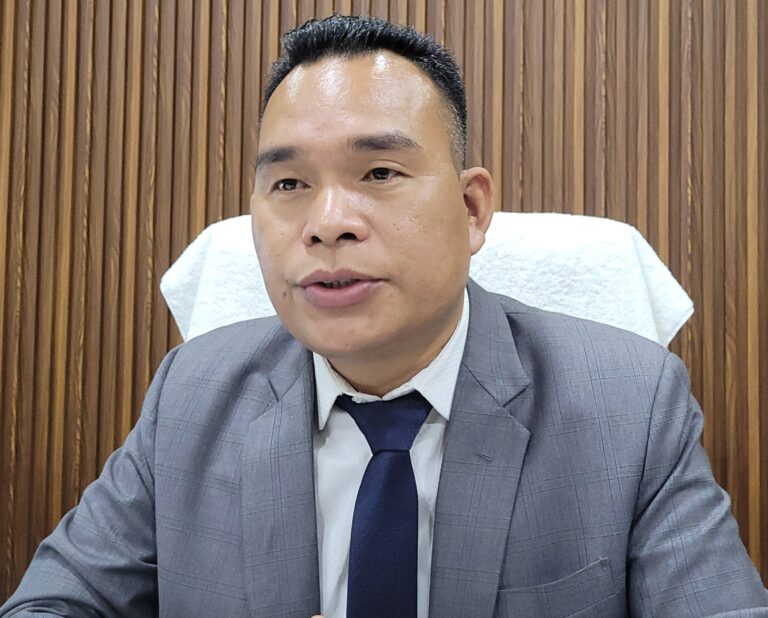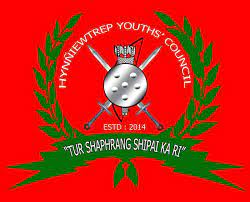SHILLONG, OCT 25: The Khasi Hills Autonomous District Council (KHADC) will introduce the KHAD (Khasi inheritance of Property) Bill, 2021 to regulate the inheritance of property in the Khasi tribal society.
Informing this after chairing the meeting of the executive committee on Monday, KHADC chief executive member Titosstarwell Chyne said that the Bill will be introduced in the upcoming winter session of the Council, which will commence from November 8.
“The Bill seeks to codify and make provision for regulation and administration in the inheritance of property amongst the Khasi in consonance with the prevailing practice of the Khasi in Khasi Hills,” he added.
According to him, as of now there is no law to regulate the inheritance of property in the indigenous society.
“We have no law to address issues concerning tribal parents who have only sons, parents without children or ‘Iapduh’ who do no have anyone. This has led to many disputes among families of different clans,” he said.
Chyne also informed there are also instances where elder siblings are filing cases against the youngest daughter over property issues.
“Therefore, we have decided to come up with this Bill to address such issues. We want to ensure equal distribution of property among the siblings both sons and daughters instead of saying that only the youngest daughter should inherit the parents’ wealth,” he said.
“However, we have inserted a provision that it all depends on the will of the parents as to whom they want to handover their properties,” Chyne added.
The KHADC chief further stated that the Bill will to a great extent address cases where children are going against their parents adding for example, a daughter who marries a foreigner and is staying abroad will no longer have the right to inherit her parents’ property.
This would also be applicable to women who married people from other communities, he said.
When asked, Chyne admitted that the Bill will empower the indigenous people especially the Khasi men economically.
“Most of the time, the Khasi men felt that they had no rights. Therefore, the Bill would help instill a sense of belonging among them,” he stated.






















+ There are no comments
Add yours